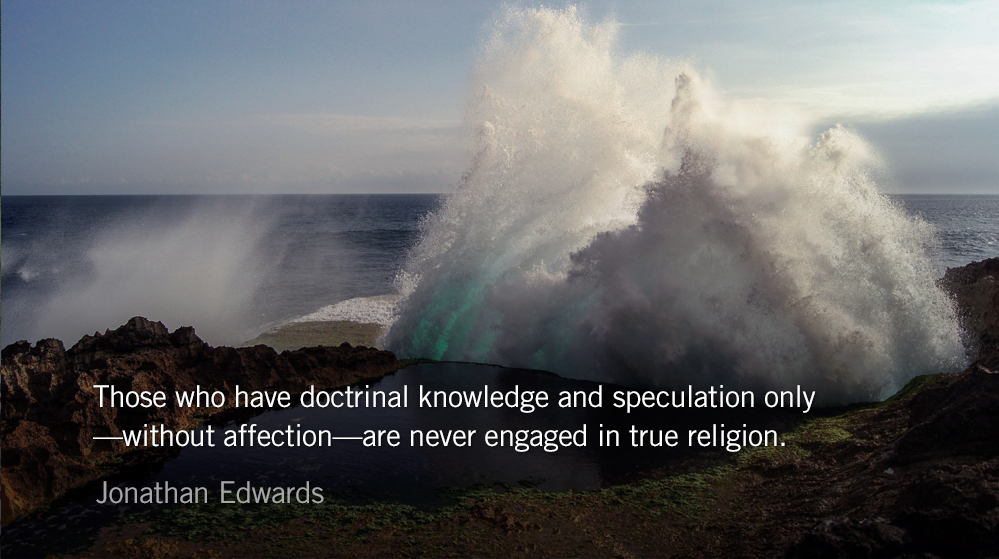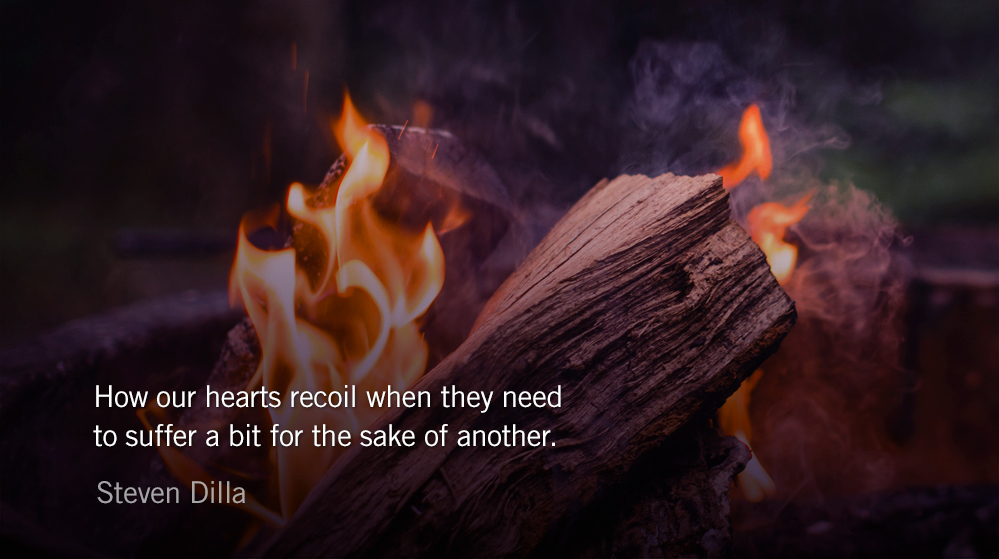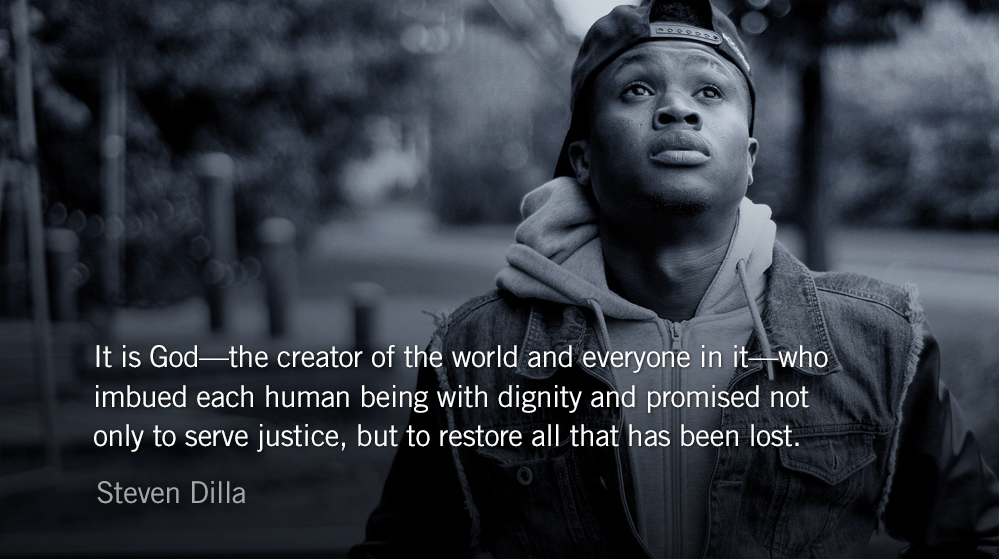By Jonathan Edwards (1703-1758)
And [Jesus] looked around at them with anger, grieved at their hardness of heart. — Mark 3.5
For who will deny that true religion consists, in a great measure, in vigorous and lively actings of the will and the fervent exercises of the heart?
We see the world of mankind exceedingly busy and active—and their affections are the springs of motion. It is affection that engages the covetous man and him that is greedy of worldly profits; it is by his affections the ambitious man is put forward the pursuit of worldly glory; and the affections also actuate the voluptuous man in his pleasure and sensual delights. The world agitates in pursuit of these things.
As in worldly things, where worldly affections are very much the spring of men’s motion and action, so in religious matters: the spring of their actions are very much religious affections. Those who have doctrinal knowledge and speculation only—without affection—are never engaged in true religion.
The things of religion take hold of men’s souls no further than they affect them. There are multitudes who hear the word of God—things infinitely great and important and which are of immediate concern—and yet it seems to be wholly ineffectual upon their lives. The reason is that they are not affected with what they hear.
The Scriptures place religion very much in the affection of love: love to God and the Lord Jesus Christ; love to the people of God and to mankind. So holy desire—exercised in longings, hunger and thirst after God, and personal holiness—is often mentioned in Scripture as an important part of true religion.
The Scriptures speak of holy joy as a great part of true religion. Religious sorrow, mourning, and brokenness of heart are also frequently spoken of as a great part of true religion. These things are often mentioned as distinguishing qualities of the true saints and a great part of their character.
Another affection often mentioned is gratitude—especially as exercised in thankfulness and praise to God. The Holy Scriptures frequently speak of compassion, mercy, and zeal as essential in true religion.
The Scriptures represent true religion as being summarily comprehended in love: the chief of the affections and the fountain of all others. And surely it is such vigorous and fervent love—which Christ represents as the sum of all religion—when he speaks of loving God with all our heart, with all our soul, and with all our mind, and loving our neighbor as ourselves.
*Abridged, adapted, and language updated from A Treatise Concerning Religious Affections by Jonathan Edwards.
Today’s Reading
Jeremiah 17 (Listen – 4:50)
Mark 3 (Listen – 3:41)











